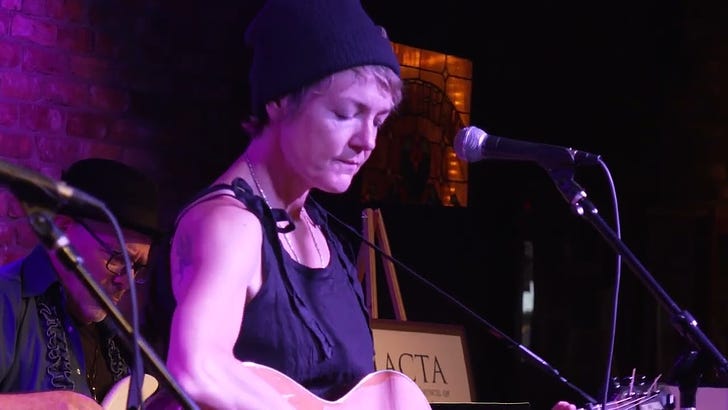It’s almost cliche to say that when injustice arrives, people do not act to intervene until it affects them personally. I’m not exceptional in that regard.
Until the age of 48, I considered myself a lifelong liberal. I am now 50. And I’m going to make some admissions to you now. I am going to tell you some things that I am not proud of.
As a “good” liberal —especially in my younger years (when I was a card-carrying member of the socialist party)— I thought I was “doing my part” by looking down upon anything having to do with the United States of America.
I disliked patriotic celebrations, hated the U.S. flag, and most of all, I loathed patriotic songs. Anyone who talked about “freedom” with a straight face was —to me— clearly trapped in a prehistoric time warp. In high school I considered myself a proper rebel by refusing to stand for the pledge of allegiance.
My experience at Smith was eye-opening. When I came up against an institution bent on curtailing my freedom and my civil rights (won on the backs of poor and working class people, many of them black), I started to question everything. And in the process, I shined a light on the dark void of my own ignorance.
It is only now (after having had a good long think about it), that I understand freedom. And as such, I understand why the people who founded our country were willing to die for it. Anyone who does not understand why they did this does not understand freedom.
Now that I have liberated myself from my small-minded shackles, I have started to think more about the music associated with the struggle for freedom.
Music does what no other art form can do. More than any speech, image, or essay, it has the power to stir us into action. The great rouser, music lifts us beyond our current material circumstances and acts a pipeline to something beyond. It provides access not only to the depths of our own soul, but to all other souls before and after.
Patriotic songs are the songs written for those who risked everything for freedom. For the men who fought in the cold with no shoes, no coats and no medicine; for the women and children who were hungry and tired.
These are the songs that told them: keep going.
I am happy to say I now recognize these songs for the powerful works of art they are. They aren’t just lyrically great, they are beautiful. They had to be.
My Country ‘tis of Thee is one such song. It is one of the most beautiful songs of freedom I have ever encountered. And I am proud to have had the pleasure of singing it live recently on stage in NYC, at the American Council of Trustees and Alumni (ACTA) “Heroes of Intellectual Freedom Award” ceremony.
And I am happy to share it with you on this special day, the 4th of July.
And now I will leave you with this quote, by Terrance McKenna:
“Plato felt that the world was approached through three paths: the good, the true and the beautiful. The goodness is controversial, and truth difficult to discern, but the beauty has a kind of resonant self-evidence. And so following beauty… my faith will lead to the good and the true…” — Terence McKenna
The Lyrics
My country 'tis of thee
Sweet land of liberty
Of thee I sing
Land where my fathers died
Land of the pilgrim's pride
From every mountainside
Let freedom ring
My native country, thee
Land of the noble free
Thy name I love
I love thy rocks and rills
Thy woods and templed hills
My heart will rapture fills like that above
Let music swell the breeze
And ring from all the trees
Sweet freedom's song
Let mortal tongues awake
Let all that breathe partake
Let rocks their silence break
The sound prolong




Dear Jodi,
You are an inspiration.
Thank you!
Welcome home, Patriot.